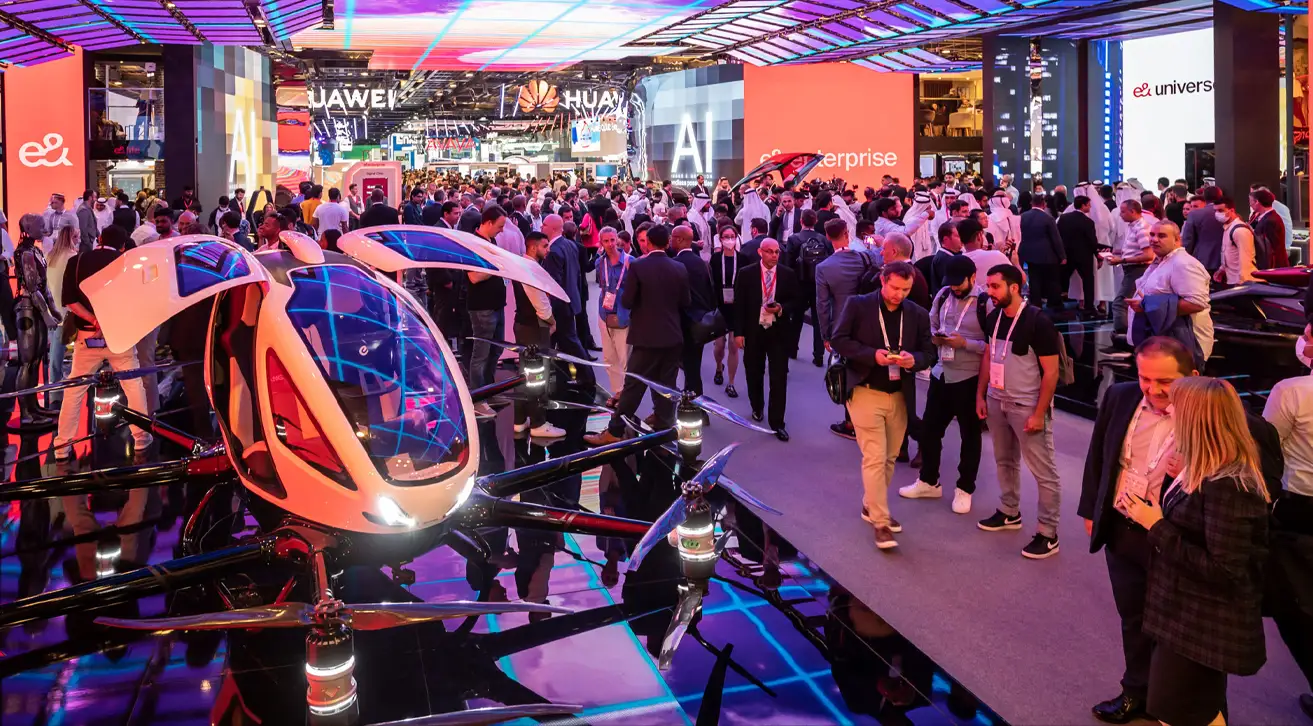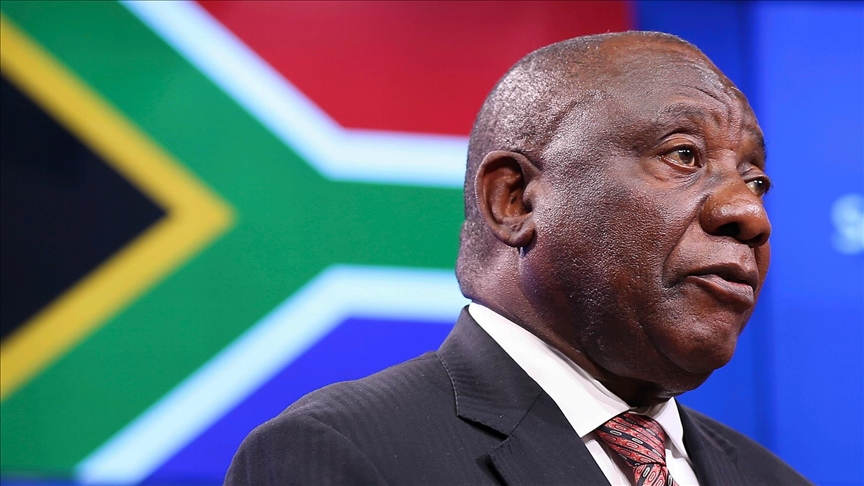As the sun rises over Abuja on September 1, 2025, a pivotal moment unfolds in Africa’s technological landscape. Today marks the inauguration of the GITEX Nigeria Government Leadership & AI Policy Summit, an invite-only gathering that could redefine how the continent approaches artificial intelligence. Held at the Abuja Continental Hotel from 9:30 a.m. to 5 p.m., this event unites high-level policymakers, tech executives, and innovators under the theme “Shared Infrastructure for AI: Africa.” With Nigeria positioning itself as a digital powerhouse aiming for a $1 trillion economy, the summit represents a bold policy shift toward collaborative AI development, addressing longstanding barriers like infrastructure gaps and data silos that have hindered Africa’s AI progress.
The Context: Africa’s AI Awakening Amid Global Shifts
Africa’s AI journey has been one of immense potential tempered by challenges. By 2030, AI could contribute up to $2.9 trillion to the continent’s economy, yet Africa currently captures only 2.5% of the global market. Recent reports highlight explosive growth projections: the African AI market is expected to surge from $4.5 billion in 2025 to $16.5 billion by 2030, potentially creating 230 million digital jobs.
However, fragmented regulations, limited data access, and uneven infrastructure have left many nations playing catch-up.
Enter Nigeria’s ambitious vision. Backed by the Federal Government through the Ministry of Communications, Innovation and Digital Economy and the National Information Technology Development Agency (NITDA), the GITEX summit is more than a conference—it’s a policy incubator.
Officials and executives are convening to discuss AI infrastructure sharing, a concept that could democratize access to computing power, data centers, and algorithms across borders. This aligns with broader continental efforts, such as the Africa Declaration on Artificial Intelligence from earlier this year, which calls for increased innovation and competitiveness in AI.
Critics argue that without such shared models, Africa risks remaining a consumer of Western AI technologies, perpetuating data colonialism where global tech giants extract value without equitable returns. As one recent analysis notes, “AI systems are reshaping Africa’s relationship with the global economy, determining whether the continent remains locked into extractive relationships or develops genuine technological sovereignty.” The summit’s focus on shared infrastructure could flip this script, fostering homegrown solutions tailored to African contexts—like AI for agriculture in Ghana or language models incorporating the continent’s 2,000+ tongues.
Key Agenda Items: From Policy to Practice
The summit’s agenda is laser-focused on actionable outcomes. Sessions will explore building AI ecosystems from scratch, regulatory frameworks for ethical AI, and roadmaps for continental leadership.
Notable discussions include:
Fireside Chats on AI Ecosystems: Experts like Bayo Adekanmbi, CEO of Data Science Nigeria, will delve into scaling AI from local innovations to global impact. Topics include bridging academia, industry, and policy to create resilient ecosystems.
Panel on AI Leadership Roadmaps: Set for later sessions (extending to Lagos on September 3-4), this will outline strategies for Nigeria and Africa to lead in AI, emphasizing data sovereignty, ethical guidelines, and cross-border collaboration.
Shared Infrastructure Models: At the core is a push for pooled resources—think pan-African data clouds and joint AI training facilities. This could mirror successful models like the European Union’s GAIA-X, but adapted for Africa’s unique needs, such as integrating low-bandwidth solutions for rural areas.
Speakers include Nigerian Vice President Kashim Shettima, who recently emphasized workforce development in AI as key to unlocking economic potential, alongside international partners from AWS and other tech firms offering mentorship and innovation zones.
The event’s invite-only nature ensures high-stakes decisions, with outcomes potentially informing Nigeria’s National AI Strategy and influencing the African Union’s forthcoming AI guidelines.
Groundbreaking Implications: Equity, Innovation, and Risks
This policy thrust is groundbreaking because it challenges the status quo of siloed national efforts. By advocating for shared infrastructure, Nigeria could catalyze a “United AI of Africa,” where smaller nations like Burkina Faso—already teaching AI to children as young as five—benefit from collective resources.
Economically, it promises to boost intra-African trade under the AfCFTA by 52% through AI-optimized supply chains. Socially, it addresses inequality: with 75% of Africa’s population under 35, AI-driven education and jobs could transform demographics into dividends.
Yet, risks loom. Without robust ethical oversight—only 5% of current AI models include it—bias and privacy issues could exacerbate divisions.
Critics, including those at parallel events like the Pan-African AI Summit, warn that policies must prioritize local data training to avoid cultural erasure. Moreover, as Big Tech invests heavily (e.g., Google’s $37 million in African AI), ensuring sovereignty is paramount.
A Call to Action: Beyond Abuja
As the summit concludes today, its ripples could extend to upcoming events like the G20 AI Ministerial in September or the World Bank’s AI symposium on the 29th.
For Africa, this isn’t just about technology—it’s about reclaiming narrative control in a AI-dominated world. Nigeria’s leadership here signals a shift: from lagging to leading, with policies that prioritize people over profits. If successful, shared AI infrastructure could unlock unprecedented prosperity, proving that Africa’s future is not imported, but innovated at home.




